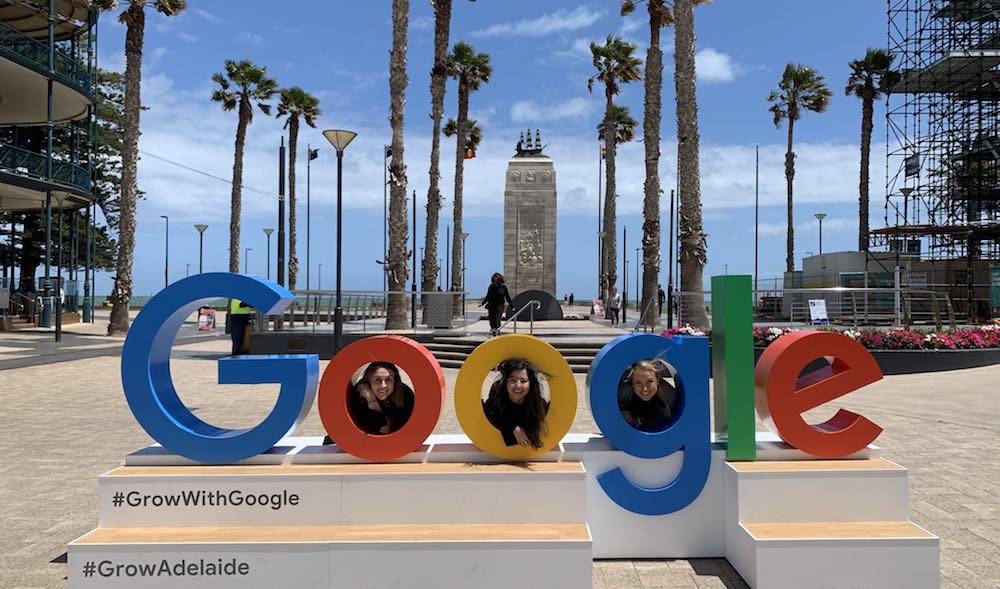When you get an invitation from Google to attend one of their digital learning sessions for free, I highly recommend snapping that ticket up like it’s a golden invite from Willy Wonka himself.
Given the way Google has infiltrated not only our personal lives (YouTube, Instagram, Fitbit, Gmail, and the list goes on), but our professional lives too, we are now more reliant on the internet than ever before – and Google has been at the forefront of transforming that digital landscape.
We all know the verb “to Google” and it’s easy to imagine that searching for things online is pretty much all the global giant is here for, but there’s an ever-expanding array of services that Google provides for free, that are sitting there waiting for you to use them.
The following tips we received were targeting journalists to help us research and find information we’re looking for online, but they’re such great uses of the google data sites, we had to share them with the greater community – we all use google after all.
- Google Advanced Search – while we all know about your basic search on google, and most of us know about using quotation marks around our search to ensure an exact word match takes place, did you know there were more hacks to be used? Here’s some great ones:
- Use – (the dash) to remove results you don’t want (Jaguar speed -car -automobile)
- Use site: to find information on a specific website that might be buried in a site or on a top level domain. (brexit site:bbc.co.uk) (franking credits site:edu.au)
- Use related: to find similar sites (related:gettyimages.com)
- Use cache: to find the last previous version of a site. (cache:aph.gov.au)
- Use filetype: to find datasets and other documents (budget filetype:xls)
- Use inurl: to search for key words in a website’s URL (site:twitter.com inurl:lists bushfires)
- Google Public Alerts – allows you to access emergency info and public warnings https://google.org/publicalerts
- Google Crisis – http://google.org/crisismap/weather_and_events
- Google Scholar – Google Scholar provides a simple way to broadly search for scholarly literature. From one place, you can search across many disciplines and sources: articles, theses, books, abstracts and court opinions, from academic publishers, professional societies, online repositories, universities and other web sites. https://scholar.google.com/
- Google Timelapse – https://earthengine.google.com/timelapse/
- Google Earth Pro – Save high-res images, export HD movies, measurement and drawing tools, import and export GIS data. https://www.google.com/earth/versions/
- Google Earth Studio – https://www.google.com/earth/studio/
- Google Dataset Search – Find and use datasets from institutions like universities or governments https://toolbox.google.com/datasetsearch
- Global Forest Watch – allows you to access data about deforestation, fires, climate, commodities and more in near -realtime. Download or embed the data – great for reporting on the intersection of business interests, climate policy and environmental preservation https://www.globalforestwatch.org/
So what are you waiting for? Get Googling!
For more social media relating to the workshops, search #growwithgoogle and #growadelaide




